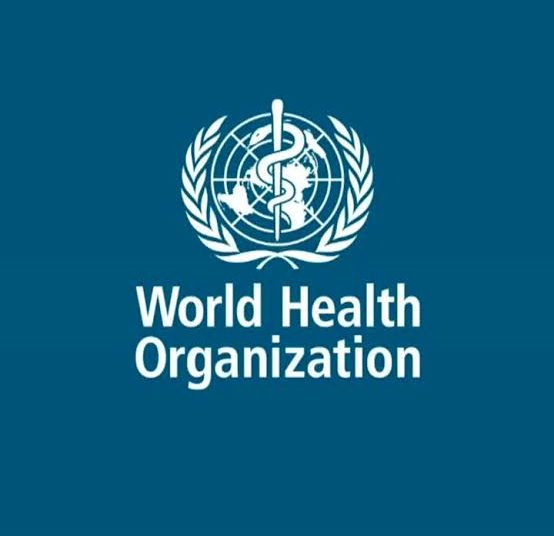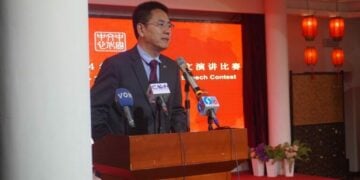The World Health Organisation (WHO) and the United Nations Children’s Fund (UNICEF) have expressed concern over Nigeria’s poor breastfeeding statistic, saying that over 70 per cent of infants in Nigeria are denied the benefits of breast milk in their formative years.
The organisations, in a joint statement in commemoration of the 2022 World Breastfeeding Week, theme: ‘Step up for breastfeeding: Educate and Support,’ also said that only nine per cent of establishments in Nigeria have a workplace breastfeeding policy, indicating that mothers lack the enabling environment to optimally breastfeed their babies.
They said this has resulted in high stunting rates of 37 per cent of children Under-5, of which 21 per cent are severe, and wasting among children under five years of age (7 per cent).
“Breastfeeding also acts as a baby’s first vaccine, protecting them from common childhood illnesses.
“Yet the emotional distress, physical exhaustion, lack of space and privacy, and poor sanitation experienced by mothers in emergency settings mean that many babies are missing out on the benefits of breastfeeding to help them survive.
“Protecting, promoting, and supporting breastfeeding is more important than ever, not just for protecting our planet as the ultimate natural, sustainable, first food system, but also for the survival, growth, and development of millions of infants,’’ they said.
The organisations, therefore, called on governments, donors, civil society, and the private sector to step up efforts to prioritise investing in breastfeeding support policies and programmes, especially in fragile and food insecure contexts.





